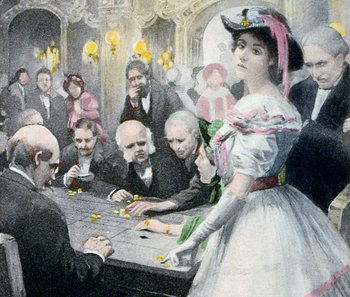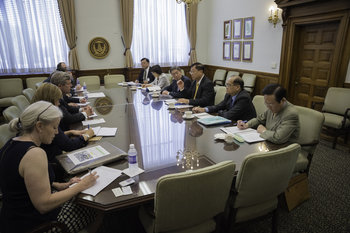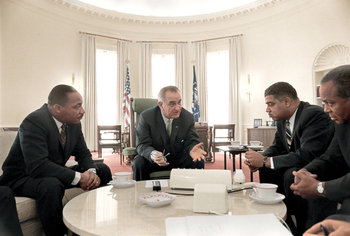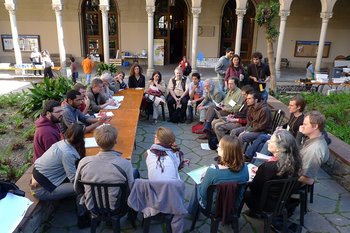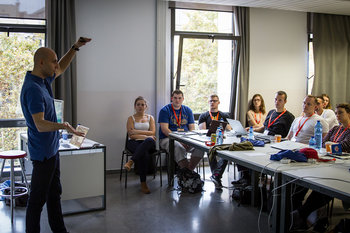
Style
Win-win negotiation often comes down to the style of the negotiator. For example, some employers want employees to feel that they negotiated a good salary so that they are motived and committed. Others will push hard to win a low salary and will only hire when they feel they have won and the candidate has negotiated poorly.Strategy
Negotiators who use a win-win strategy will more often reach agreements. Win-win negotiation has potential to discover value creation opportunities that aren't likely to surface with a win-lose approach. For example, an employer may find that a candidate is happy to accept a lower salary in exchange for flexibility such as working at home several days a week. This may save the employer on office space as they don't offer the employee a permanent desk. Both sides emerge feeling they have won and the employer has saved on both salary and facility costs.Situation
Most situations allow for a win-win solution. Situations that allow for no new value to be created are often referred to as win-lose because if you get more, the other side gets less. This is often described with an analogy to dividing a fixed-size pie between people. Extremely negative situations may be characterized as lose-lose as they involve distributing losses or punishment as opposed to rewards. In many cases, even negative situations can be negotiated with a win-win approach. For example, a divorce may result in a win-win solution focused on what is best for the couple's children given the situation.| Overview: Win-Win Negotiation | ||
Type | ||
Definition | An approach to negotiation that seeks an agreement that both sides view as a win. | |
Related Concepts | ||






